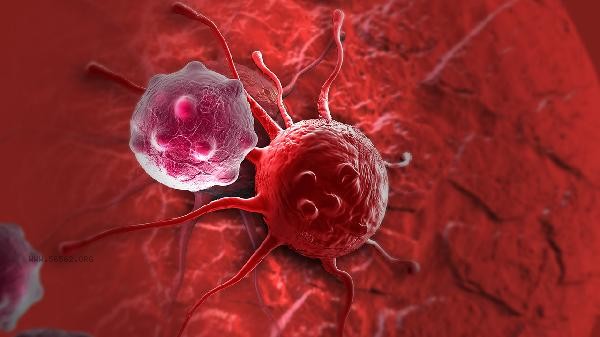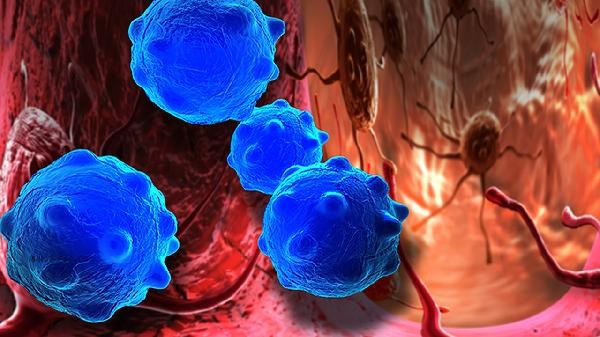The absolute value of neutrophils should not be lower than 1.5 × 10 ⁹/L, as a value lower than this may indicate neutropenia. The main influencing factors include infection factors, drug reactions, blood system diseases, autoimmune diseases, and genetic factors.

1. Infection factors:
Viral infections such as influenza, EB virus infection, etc. often cause temporary reduction of neutrophils, usually accompanied by symptoms such as fever and sore throat. Bacterial infections such as typhoid fever, tuberculosis, and other severe infections may result in decreased granulocyte depletion. This type of situation requires targeted treatment for the primary disease, and after infection control, granulocytes can recover on their own.
2. Drug reactions:
Chemotherapy drugs, anti thyroid drugs such as methimazole, and some antibiotics such as chloramphenicol may inhibit bone marrow hematopoietic function. Drug induced neutropenia usually gradually recovers after discontinuation of medication, and granulocyte colony-stimulating factor may be necessary to promote recovery. Blood routine should be monitored regularly during medication. 3. Hematological disorders: Hematological disorders such as aplastic anemia and myelodysplastic syndrome can lead to persistent neutropenia, often accompanied by anemia and thrombocytopenia. This type of disease requires bone marrow puncture for a clear diagnosis, and treatment includes immunosuppressants, hematopoietic stem cell transplantation, etc.
4. Autoimmune diseases:

Systemic lupus erythematosus, rheumatoid arthritis, etc. may produce anti neutrophil antibodies, manifested as periodic or persistent granulocytopenia. In addition to treating the primary disease, severe cases may consider glucocorticoid or immunoglobulin therapy.
5. Genetic factors:
Congenital neutropenia, such as Kostmann syndrome, is a rare genetic disease that presents with severe granulocyte deficiency from birth. These patients require long-term use of granulocyte growth factor to prevent infection, and bone marrow transplantation may be necessary. When the neutrophil count is below 0.5 × 10 ⁹/L, it belongs to granulocyte deficiency and the risk of infection is significantly increased. Daily attention should be paid to maintaining oral hygiene, avoiding raw and cold foods, and reducing exposure to crowded places. Suggest increasing high protein diets such as fish and soy products, and supplementing with moderate amounts of vitamin B12 and folate. If symptoms of infection such as fever occur, seek medical attention immediately to avoid delaying the timing of anti infection treatment. Regular follow-up of blood routine can help monitor the trend of granulocyte changes.










Comments (0)
Leave a Comment
No comments yet
Be the first to share your thoughts!